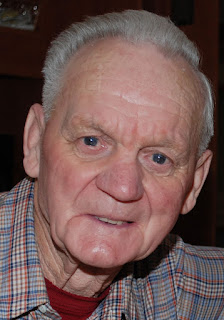Search This Blog
Ottawa & Elsewhere. Photos & Fiction. Reviews & Rants. Musings & Utter Nonsense. (Header photo: Playa Potrero, Costa Rica)
Posts
Showing posts from November, 2018
Black and White Photo Project: Week 48
- Get link
- X
- Other Apps
Wordless Wednesday: The Company I Keep
- Get link
- X
- Other Apps
Black and White Photo Project: Week 47
- Get link
- X
- Other Apps
Wordless Wednesday: Across Minto Bridge
- Get link
- X
- Other Apps
Wordless Wednesday: Snowing at the Falls
- Get link
- X
- Other Apps









